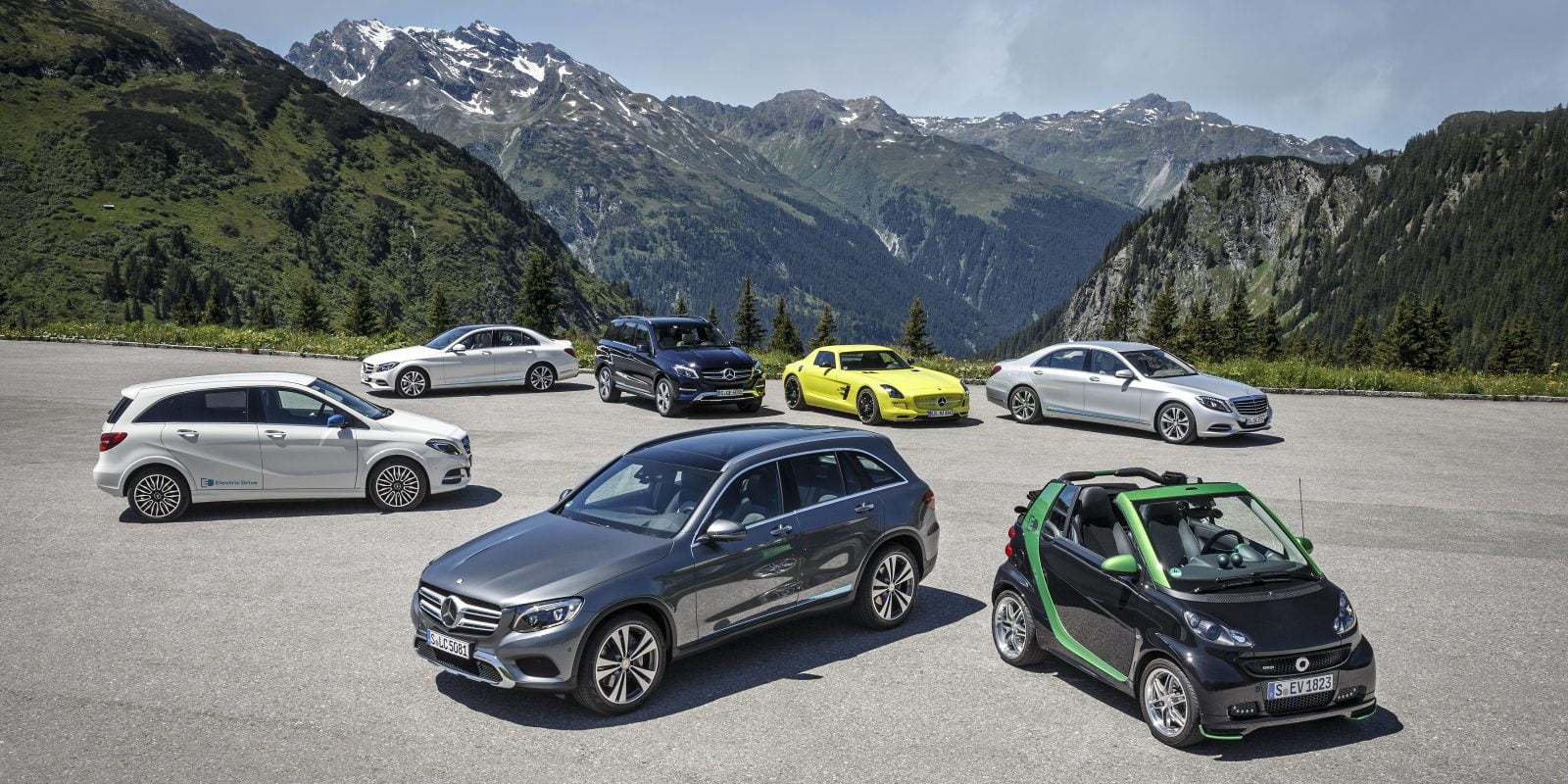
Daimler’s Smart automotive will totally convert its production line. They will start manufacturing only electric vehicles in the United States and Canada by 2018 as announced last Tuesday. The company wants to discontinue the selling of Fortwo and Fortwo Cabrio, which are both gas-powered models, by the end of 2017.
Smart Automotive is a subsidiary of Daimler that manufactures micro-cars. They have reported the challenges in the development of the micro-car segment in the company’s product portfolio. One of these challenges is the declining demand for compact cars due to lower gas prices. Because of this, the American market prefers bigger vehicles, such as trucks and crossovers.
As a result, Smart’s sales figures show that they sold only around 6,000 units of vehicles for the year 2016. This is a significant decline compared to the peak of their sales in 2008 when they sold 24,622 cars. Thirty percent of these sales are electric vehicles. In 2014, 25% of the company’s annual sales can be accounted to electric vehicles as well.
The plan of Smart Automotive is to stop the production of Smart Fortwo Coupe and convertible for North America by April, But they will continue with the sales until all the car units are sold. They will then be launching the fourth-generation Smart Fortwo electric vehicles this summer. The product lineup will be exclusive to electric-drive Coupe and Cabrio with zero emissions in the United States and Canada.
With this conversion, the Smart Automotive will be in an advanced position in the emerging market since the United States is gradually shifting to the use of electric vehicles. However, another challenge emerges in this transformation with the ability of an electric-powered compact car to compete against other electric vehicles in the market. With a 0.9-liter inline-3engine and 76-mile range, it is still a question of whether the Smart vehicle can be useful outside the cities.
Another challenge in the Smart’s refocus on manufacturing electric vehicles is its labor force implications. Because of the decision to exclusively produce electric vehicles, the company wants to convert its Untertürkheim plant to produce electric motors. Daimler has 19,000 employees in the Untertürkheim plant. This plant manufactures internal combustion engines, axes, transmissions, and other components. Because of the transition to electric vehicles requiring simpler electric motors, the plant will also need less employees.
Daimler is currently negotiating with the “Works Council,” the representation of its factory workers, in modernizing the Untertürkheim plant. The company is to build an “e-technology center” within the plant to produce components for electric vehicles.
The move of Daimler’s subsidiary, Smart Automotive, to exclusively produce electric vehicles will have significant impact to the environment. It will also have several pros and cons for the company. However, with the gradual transition of the automotive industry to the production and marketing of electric vehicles, Smart Automotive made a smart move. This transformation is a precursor of Daimler to producing more electric vehicles in the near future. Would you drive one of their electric vehicles?





